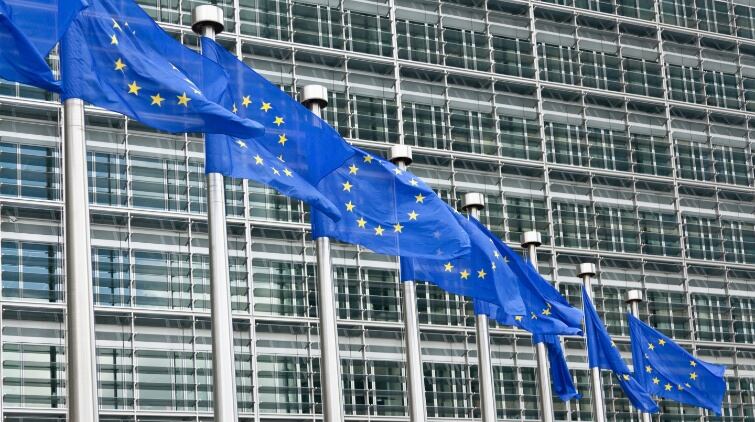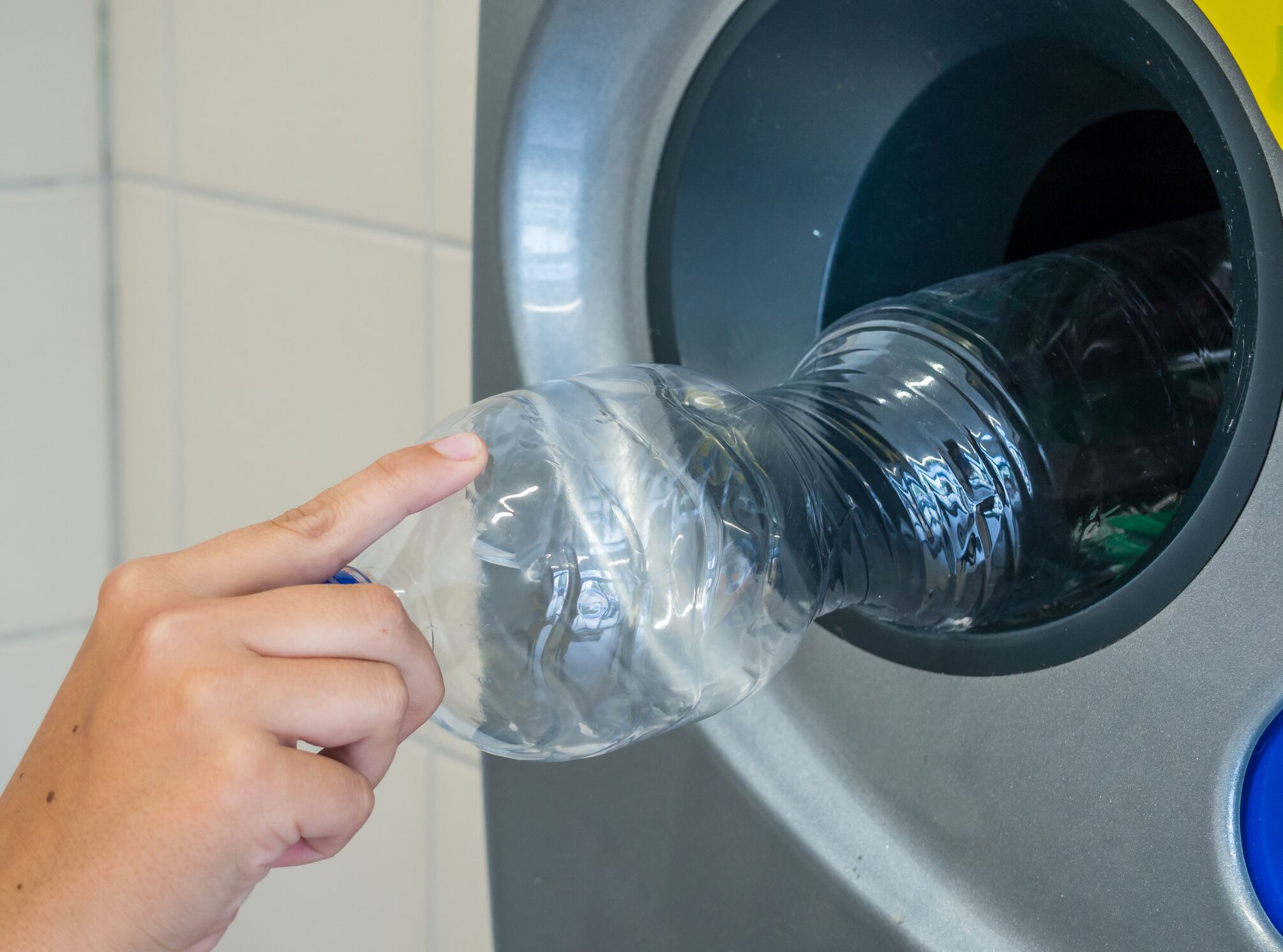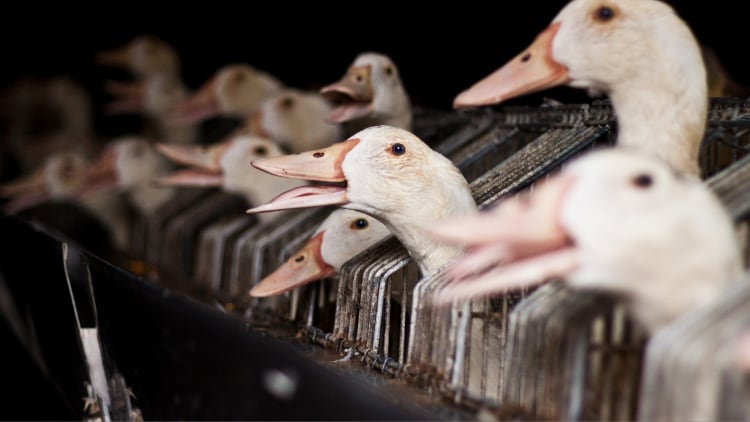The adoption of the CSDDD on 25 July 2024 represented a landmark moment. For the first time, the directive introduced legally binding obligations on all companies operating in the EU over a certain size to address the environmental and human rights harms in their supply chains.
It covers harms like pollution, biodiversity loss, child labour and modern slavery, and will be enforceable by regulators and through the courts. The CSDD also makes Net Zero transition plans mandatory in a bid to move the dial on corporate climate action. For companies in the food and drink sector, the impact may be significant.
While the rules won't fully kick in until 2027, food and drink producers should start laying the groundwork now to make sure they will be able to comply.
Food and drink supply chain risks
The food and drink sector is particularly exposed to supply chain risks for three main reasons: the complex global nature of food and drink supply chains; the direct interface with nature through the use of raw materials like water and agricultural products; and the reliance on unskilled and migrant labour. Recent years have seen an increased spotlight on the impact of food and drink production with a growing number of reports highlighting risks across the supply chain – from child labour, water pollution and pesticide run-off in agriculture, to greenhouse gas emissions linked to global food miles and plastic waste caused by single-use product packaging.
Food and drink producers now face an increasing risk of litigation from NGOs, shareholders and consumers over these issues and, with the introduction of the CSDDD, this risk will soon extend to regulatory fines of up to around five percent of worldwide turnover. As a result, supply chain sustainability is fast becoming a significant legal and reputational risk for many businesses in the sector and legal and compliance teams should take note.
How are food and drink producers impacted by the supply chain directive?
The CSDDD will impact large producers established in the EU or with significant exposure to the EU market. The new rules will apply to large EU companies with over 1,000 employees and a net worldwide turnover of over €450m and non-EU companies with a net turnover in the EU of more than €450m. Smaller food and drink producers operating or selling into the EU may still feel the ripple effects however as their large EU customers may look to flow the due diligence obligations up the supply chain to them.
Food and drink producers in-scope of the CSDDD will need to conduct risk-based due diligence to identify, prevent and mitigate adverse human rights and environmental risks and impacts in their operations and 'chain of activities'. This includes their upstream and downstream business partners (with the latter limited to distribution, transport and storage). Producers will need to take "appropriate measures" to address any identified risks and impacts – for example developing preventative or corrective action plans, getting contractual assurances from business partners, and making changes to the company’s business plan, strategy, and operations. As a last resort, they may need to terminate the relevant business relationship. The CSDDD also requires in-scope food and drink producers to implement a climate transition plan across scopes 1-3 to reach Net Zero by 2050.
How can food and drink producers prepare for the new rules?
The requirements of the CSDDD are not simple desk exercises; they are designed to encourage active investigation on the ground and liaison with stakeholders across the supply chain. Fortunately, compliance is not expected to take place overnight, and the staggered introduction of obligations from July 2027 onwards means there is some lead time to get ready. As a starting point, food and drink producers should consider the following actions.
Review existing due diligence processes: Conduct an ‘audit’ of the business's existing due diligence processes (e.g. for anti-bribery and corruption) to identify any changes to get them 'CSDDD-ready'. Work with in-house legal teams to get clear on which specific human rights and environmental impacts are covered by the new supply chain directive and build these into your policies, risk assessments, supplier questionnaires, codes of conduct, audits and internal training.
Map your supply chains: Map the business's supply chains to identify 'hot spots' and high risks areas. Legal and procurement teams can leverage existing guidance, such as the OECD-FAO guidance for responsible agriculture supply chains, to help identify key risks. Businesses that are already gathering data to report under the EU's Corporate Sustainability Reporting Directive can also use this data and any insights gleaned to inform their risk assessments.
Review supplier contracts: Review and update supply contracts and supplier codes of conduct to ensure they include relevant contractual assurances, enforcement mechanisms, and penalties for breaches. They should provide for enforcement mechanisms that can be realistically and quickly implemented against non-compliant suppliers. Where contracts are with SMEs, make sure they are on fair, reasonable and non-discriminatory terms.
Invest in the right technology: Choosing the right technology will be crucial and can help fast-track companies' sustainability efforts and support CSDDD compliance. New tech solutions are now coming to market, offering a range of services including supply chain mapping, supplier screening and risk profiling, and configurable dashboards to pull out key insights. Ensure you are making the most intelligent use of any existing tech solutions before supplementing with additional functionality where needed.
Set up notification and complaints mechanisms: Make sure you have robust complaints and whistleblowing processes in place to surface any concerns about the business's environmental and human rights impact and to address issues quickly once identified.
Watch out for 'greenwashing' and 'social washing': Ensure that the teams involved in CSDDD compliance are closely linked up with external communications and marketing teams to ensure that any information gathered through supplier due diligence doesn't cut across the business's external sustainability messaging. The is particularly important given the increasing regulatory focus on misleading sustainability claims, and the risk of future fines from the UK's consumer watchdog.
Climate transition plans: Work with sustainability teams and external consultants to develop a robust climate transition plan for the business. This must be aligned with the 1.5°c goal in the Paris Agreement and include five-yearly targets for reducing Scope 1 ,2 and 3 greenhouse gas emissions up to 2050. Ensure there is an internal process to review and update this plan each year. The EU will publish further guidance on the content of the transition plans in due course. In the meantime, the TCFD Guidance on Metrics, Targets and Transition Plans and the UK's Transition Plan Taskforce Disclosure Framework are helpful sources of guidance.
Good governance: Ensure you have robust internal governance processes in place to support CSDDD compliance, including board-level oversight and a centralised cross-functional ESG/sustainability committee to ensure business-wide collaboration and efficiency.
Monitor future guidance: The EU has recently published high-level guidance to help businesses understand and comply with the CSDDD with further guidance expected over the next few years. Food and drink producers should look for opportunities to help shape future guidance through industry networks and associations.
In other news, startup Gourmey has submitted an application to UK regulators for the authorisation of its cultivated foie gras.




